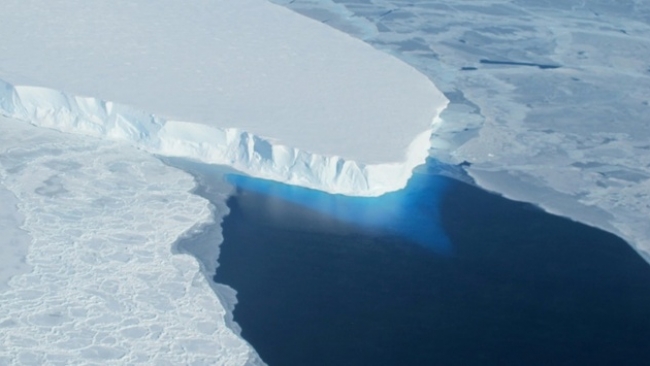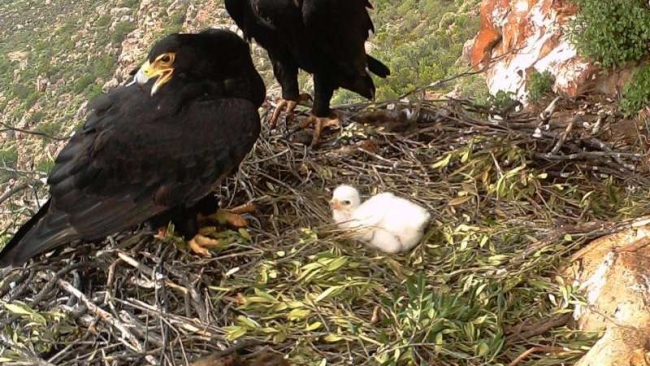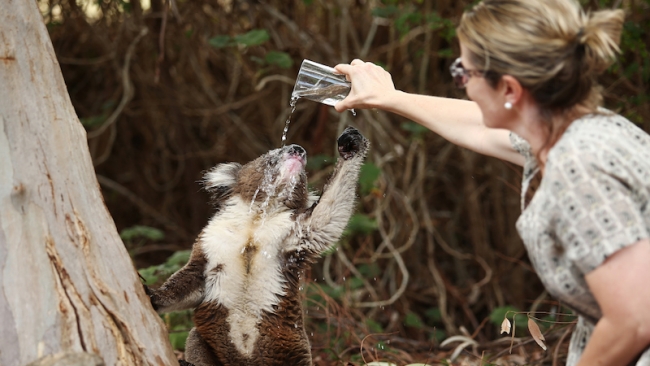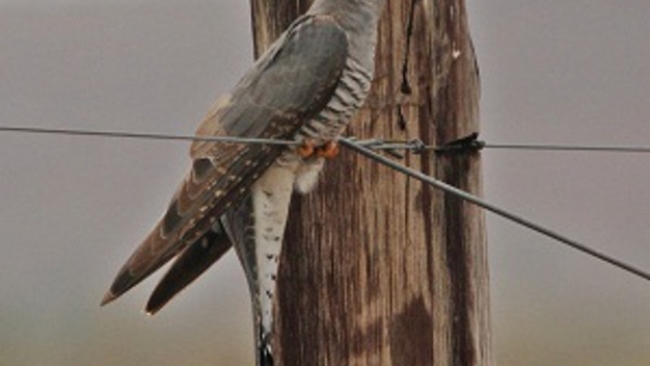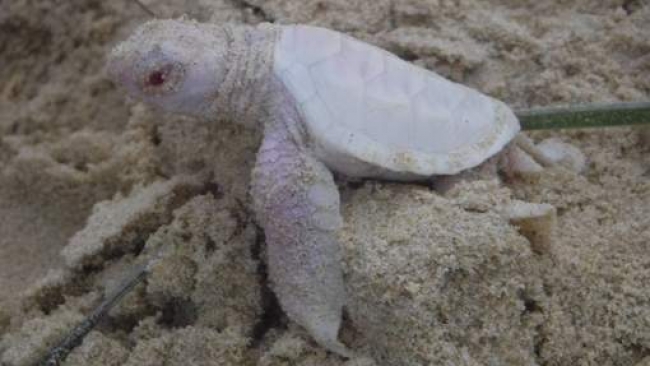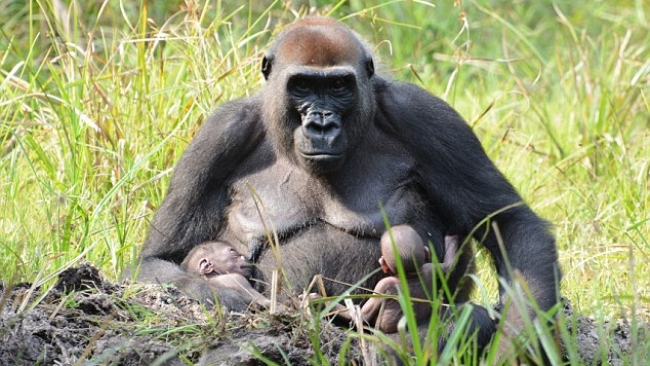Conservationists Rush to Save the Congo’s Last 38 Giraffes
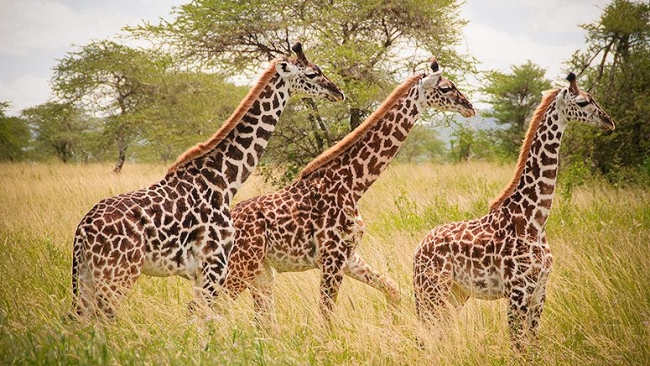
Poaching has taken a toll on an already precarious population.
The poaching crisis in the Democratic Republic of the Congo is affecting more than just elephants. New surveys have revealed that the country’s giraffe population has plunged to just 38, putting the species at immediate risk of extinction there.
The Congo’s giraffes all live within Garamba National Park, a 1,930-square-mile UNESCO World Heritage Site. The park, which is run by nonprofit organization African Parks, held more than 350 giraffes two decades ago. Most of those animals were killed during the country’s 1998–2003 civil war, leaving just 86 giraffes afterward. Many of those remaining giraffes have now been lost to poachers.
Park officials have warned that if they lose just five more giraffes, the population may no longer be sustainable on its own.
“Giraffes—like elephants, rhinos, and the like—have been picked off by poachers to feed the illegal wildlife trade and impoverished local people,†said Noëlle Kümpel, cochair of the SSC Giraffe and Okapi Specialist Group at the International Union for Conservation of Nature. “At the same time, their habitat has been severely and, in many areas, irreparably degraded, leaving very few trees left to sustain even this small population of giraffe.†She said the remaining giraffes—which live in two small herds—have to travel “incredibly long distances†to find food.
The size of the park, combined with the giraffes’ constant need to travel, makes it hard to monitor and protect the animals. The Giraffe Conservation Foundation will travel to Garamba in the next few weeks to assist African Parks in outfitting 12 of the animals with GPS radio collars. Julian Fennessy, the foundation’s executive director, said the collars will “help with ongoing monitoring of the remaining giraffe and guide ranger efforts in their area to fight future potential losses.â€
Fennessy has also been advising African Parks on the possibility of building a fence for better protection.
Source: Takepart
Mon 15 Feb 2016 at 10:34
